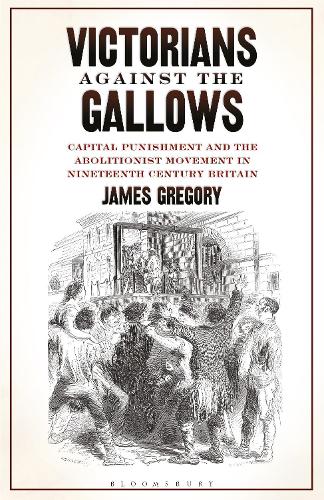
Victorians Against the Gallows: Capital Punishment and the Abolitionist Movement in Nineteenth Century Britain
(Paperback)
Publishing Details
Victorians Against the Gallows: Capital Punishment and the Abolitionist Movement in Nineteenth Century Britain
By (Author) Dr James Gregory
Bloomsbury Publishing PLC
Bloomsbury Academic
28th May 2020
United Kingdom
Classifications
Tertiary Education
Non Fiction
European history
Ethical issues: capital punishment
Penology and punishment
364.66094109034
Physical Properties
Paperback
384
Width 135mm, Height 216mm
449g
Description
By the time that Queen Victoria ascended the throne in 1837, the list of crimes liable to attract the death penalty had effectively been reduced to murder. Yet, despite this, the gallows remained a source of controversy in Victorian Britain and there was a growing unease in liberal quarters surrounding the question of capital punishment. Unease was expressed in various forms, including efforts at outright abolition. Focusing in part on the activities of the Society for the Abolition of Capital Punishment, James Gregory here examines abolitionist strategies, leaders and personnel. He locates the 'gallows question' in an imperial context and explores the ways in which debates about the gallows and abolition featured in literature, from poetry to 'novels of purpose' and popular romances of the underworld. He places the abolitionist movement within the wider Victorian worlds of philanthropy, religious orthodoxy and social morality in a study which will be essential reading for students and researchers of Victorian history.
Author Bio
James Gregory is Lecturer in Modern British History at the University of Bradford. He is the author of Of Victorians and Vegetarians: The Vegetarian Movement in Nineteenth-Century Britain (I.B.Tauris, 2007) and Reformers, Patrons and Philanthropists: The Cowper-Temples and High Politics in Victorian England (I.B.Tauris, 2009).
